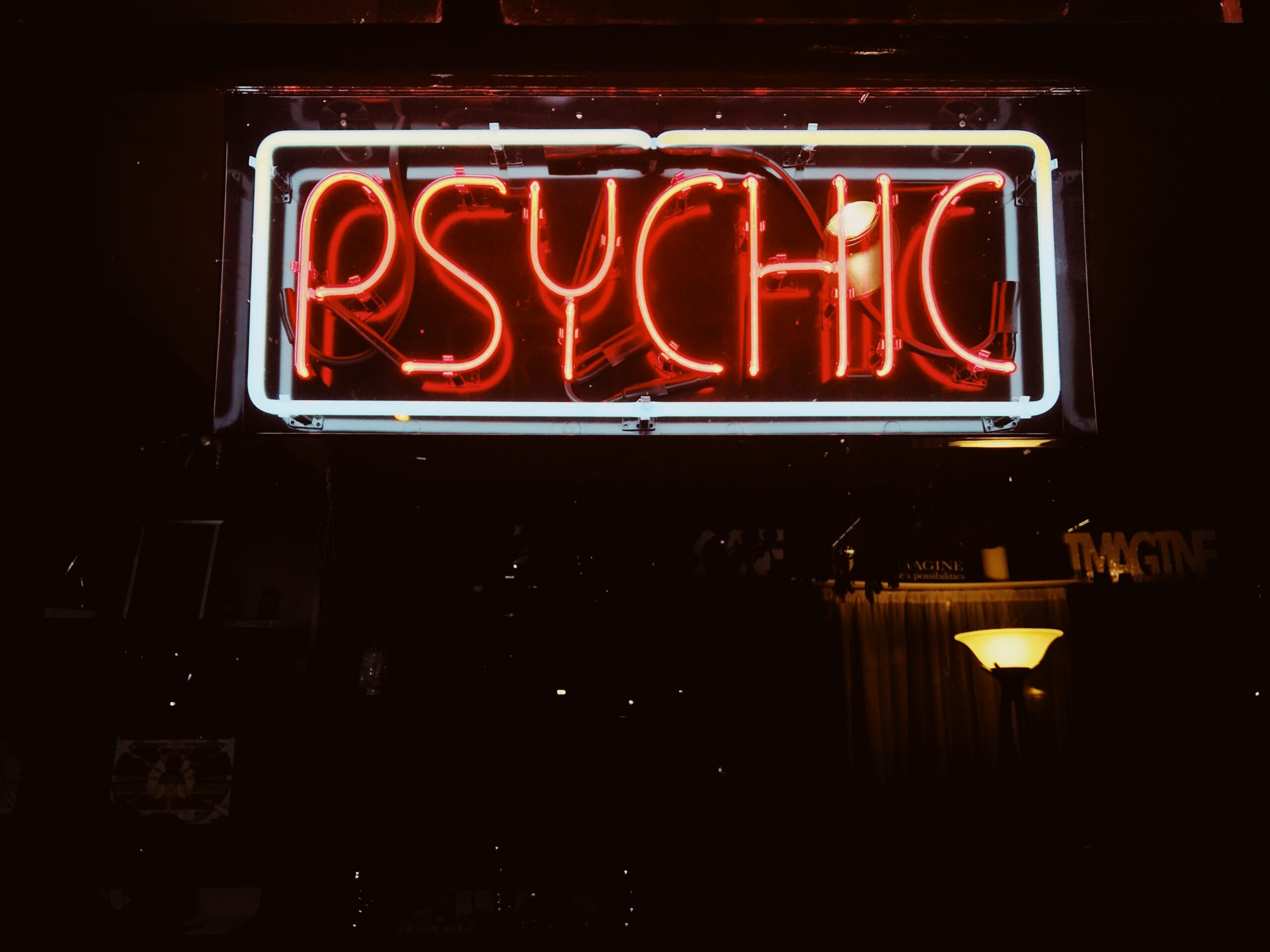Not surprisingly, recent discoveries have linked microbiome activity with a variety of diseases including Autism Spectrum Disorder, Alzheimer’s disease, blood cancers, inflammatory bowel disease, and depression. One study found, after analyzing at least a thousand participants, that people with depression had smaller numbers of two specific types of gut bacteria. This research is relatively new and scientists have yet to produce more studies detailing the cause and effect of the gut-brain axis on mental health, but the early findings show that what you eat does impact your mental well-being and vice versa. The good news is that it goes both ways, so not only can you limit eating foods that negatively impact your mental health, but you can also increase foods that positively impact it. Foods that help your microbiome include probiotics like kombucha, kefir, yogurt, sauerkraut, and kimchi. Some other non-probiotic foods that promote a healthy microbiome include bananas, asparagus, flaxseeds, onions, garlic, leeks, apples, cocoa, and oats.
Our mental health is the product of a combination of factors including our community, our genes, our interpersonal relationships, our lifestyle, and our physical health. So although this gut-brain axis information is intriguing, it doesn’t mean you can eat ten pounds of sauerkraut and achieve psychological nirvana. However, it does mean that you can empower yourself to make good food choices that will compliment your efforts in feeling better overall and being your best self.
If you’d like to find out more about how your physiological makeup affects your mental health or would like to work on being a healthier you in general, give me a call or book online now. Here are a few links that can supplement this reading in the meantime:
Gut Check: Is a Microbiome Imbalance Undermining Your Mental Health?



